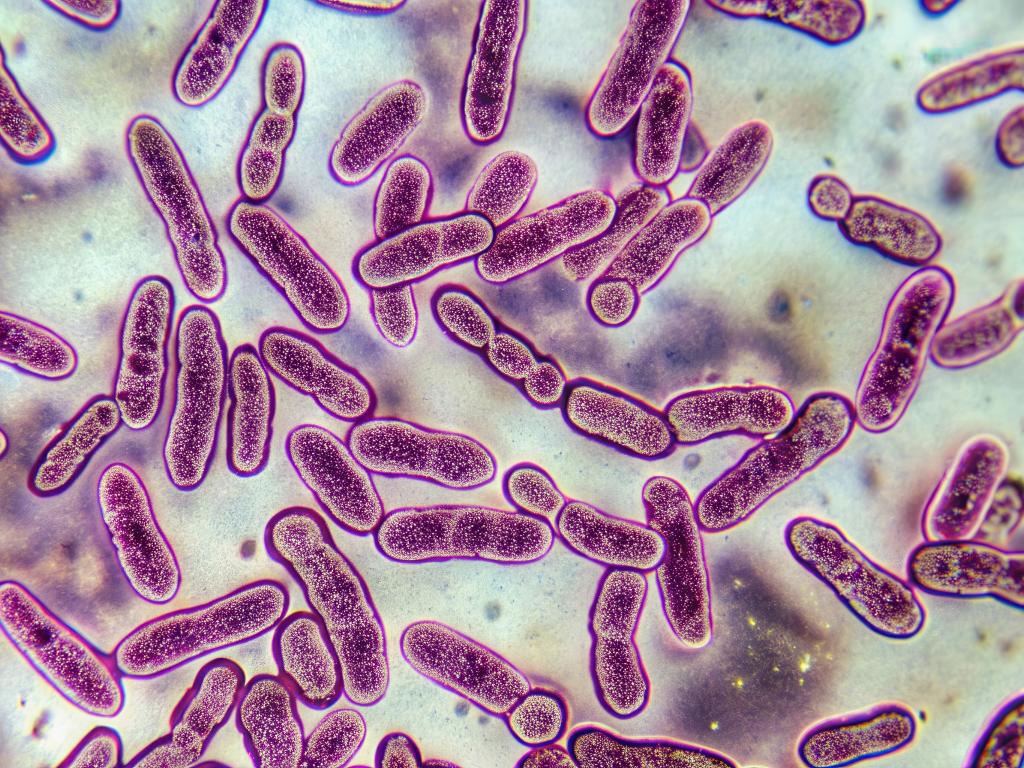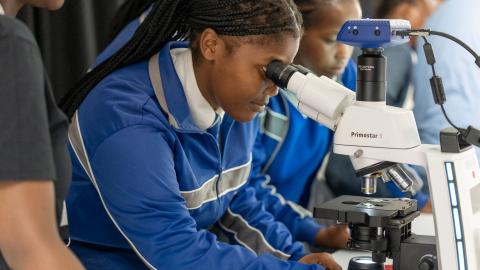TUBERCULOSIS

Tuberculosis Research at IDM
Our work focusses on improving diagnostics, treatment, and prevention strategies to combat this global health challenge. Below are the key areas of TB research at the IDM:
Diagnosis, Pathogenesis & Management of TB, TB-IRIS & TBM
Understanding the mechanisms of TB infection, including immune responses and disease progression, is essential for better patient outcomes. Our research explores:
-
Improved diagnostic techniques for early and accurate TB detection.
-
The pathogenesis of TB, with a focus on immune responses and inflammatory complications such as TB Immune Reconstitution Inflammatory Syndrome (TB-IRIS) and Tuberculous Meningitis (TBM).
-
Innovative approaches for managing TB and its complications.
Vaccine Development
Preventing TB through effective vaccination is a key priority. Our scientists are engaged in:
-
Developing next-generation TB vaccines with enhanced efficacy.
-
Conducting clinical trials to evaluate new vaccine candidates.
-
Studying immune responses to improve vaccine design.
Biomarker Discovery
Identifying reliable biomarkers is crucial for TB diagnosis, treatment monitoring, and prognosis. Our research focusses on:
-
Finding molecular and immunological markers for early TB detection.
-
Biomarkers that predict treatment response and disease progression.
-
Developing non-invasive diagnostic tests using biomarker technology.
Drug Discovery & Drug Resistance
The emergence of drug-resistant TB strains poses a major threat to TB control. Our scientists work on:
-
Discovering novel anti-TB compounds and drug targets.
-
Investigating mechanisms of drug resistance to improve treatment regimens.
Aerobiology
Understanding how TB spreads through the air is critical for infection control. Our aerobiology research includes:
-
Studying airborne transmission dynamics in different environments.
-
Evaluating air filtration and ventilation strategies to reduce TB spread.
Latest TB news


